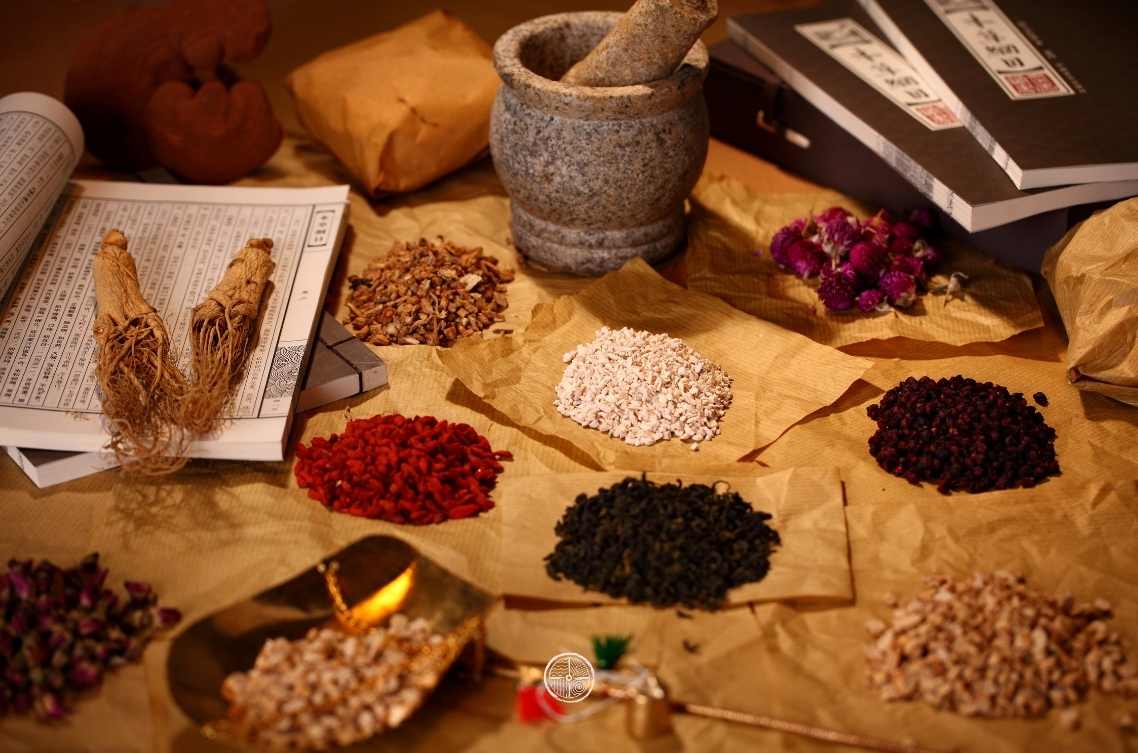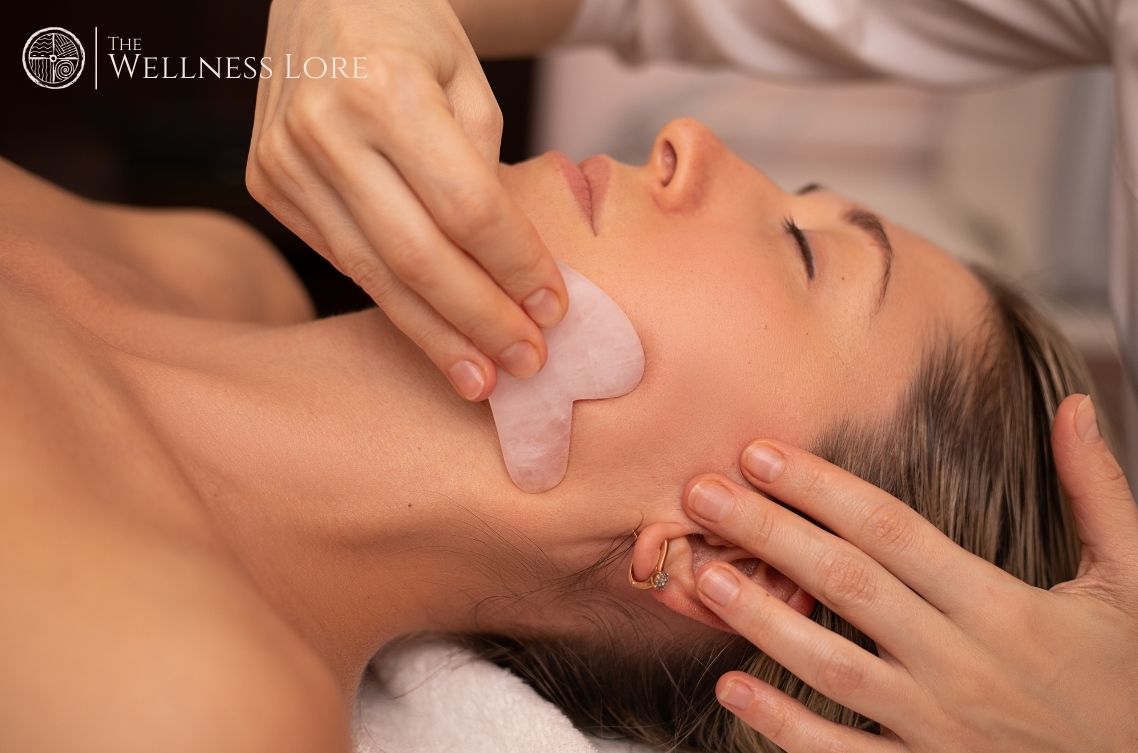The Secret to Japanese Longevity

When asked about her secret to a healthy long life, Jeanne Calment (122) said, “Everything’s fine.” She used to ride a bicycle till the age of 100. Reflecting on how you live and have lived your life all along, becoming a centenarian is more than just a landmark. From finding our purposes to becoming more optimistic, we all want to live long, healthy, and happy lives.
There’s an old Japanese proverb about the secret to a long life: only staying active will make you want to live a hundred years. Today, Japan has one of the highest life expectancies in the world, and this is closely tied to its culture of good diet, regular exercise, and a healthy attitude to life, community, and family. Japan is a country boasting a record of 86,510 centenarians; the World Economic Forum notes that 1 in every 1450 people in Japan is over 100, with women accounting for 88.4% of centenarians (people who are 100 years old or above). Once known as the land of immortals, Okinawa in Japan has the highest concentration of centenarians. Located at the southern end, the people in Okinawa never retire. They remain active throughout and do what they love until their health permits them to (Chapter 1, Ikigai). Gardening in their yards, playing games with friends, or doing tai chi in the park.
Two things remain common in all studies trying to uncover their wonderful secrets of longevity – ikigai and moai. While ikigai instills a sense of purpose in life, people also form close-knit groups of friends or moai, instilling a sense of belongingness and support from the group members, be it financially or emotionally. Let us look into a few ways, from the Japanese culture to healthy aging in modern life.
Hara hachi bu
The practice of hara hachi bu keeps the older Okinawans on their toes. This mantra reminds them to stop eating once their stomachs are 80% full. The remaining 20% could mean the difference between losing and gaining weight. Overeating also causes cellular oxidation stress that makes one age faster. So what do Japan’s oldest and healthiest people eat and drink? After detailed research on the same, authors of The Okinawa Program reveal that Okinawans consume a variety of veggies, at least five servings of fruits and vegetables daily. While they eat fish meat twice or thrice a week, legumes, soy products, tofu, and white rice are staples. Their sugar, salt, and calorie intake are also much lower than in other parts of Japan. The Okinawan diet also contains antioxidant-rich foods like miso, tuna, carrots, goya, kombu, cabbage, nori, onion, hechima, soybeans, sweet potatoes, peppers, and spin-cha. They also drink green tea, offering them health benefits like controlling cholesterol, lesser blood sugar levels, improved circulation, protection against flu and certain bacterial infections, safeguarding against UV damage, and diuretic effects.
Ikigai
Composed of two Japanese words, iki, and gai, Ikigai in Japanese means a reason for being. Simply put, the philosophy of ikigai is your personal reasons that motivate you to wake up every morning. So how does one find their ikigai? Although there is no magic recipe to find your ikigai, the Venn diagram around Ikigai by Mark Vinn gives us some ideas. One must ask themselves –
- What do you love to do? (Passion)
- What are you good at? (Vocation)
- What can you be paid for? (Profession)
- What does the world need? (Mission)
The Venn diagram indicates that aiming for the intersection of all these questions will help you in your effort to discover your ikigai. The centenarians in Japan clearly define their ikigai as reflecting their goals, happiness, and meanings in life. Today the philosophy of ikigai is one of the most popular concepts. One cannot expect to find their ikigai overnight. So set time aside, journal your thoughts, and come back to see if your answers have changed over time. Stay determined to find your ikigai.
Moai
Meeting for a common purpose, moais are regular gatherings or groups for social, financial, health, or spiritual interests. When loneliness is more likely to decrease adult lifespan, social connections in the form of moai help in emotional stability and reduce stress, engage in the pooling of funds among families and friends, move toward better independent lives financially, and provide a feeling of belongingness. All these factors instill a sense of security, increasing life satisfaction and expectancy. In her TED Talk, Susan Pinker also reveals that the secret to living longer could be your social life. Moai could just be another tradition of why the Japanese people tend to live a longer, healthier, and emotionally better life.
Emmy Award-winning Journalist, National Geographic explorer, and Blue Zones Projects implementer Dan Buettner said, “The calculus of aging offers us two options. We can live a shorter life with more years of disability or the longest possible life with the fewest bad years. As my centenarian friends showed me, the choice is largely up to us.”
Furthermore, the secret behind Japanese longevity can largely be summed up to some common themes and habits of Japanese people.
Diet
The traditional Japanese diet is one of the healthiest in the world, and it is believed to be a significant factor in the long life expectancy of Japanese citizens. The Japanese diet consists of fresh and seasonal foods, including fish, vegetables, fruits, and grains. The diet is low in saturated fats, high in fiber, and rich in vitamins and minerals. The Japanese also consume a lot of green tea, which is rich in antioxidants and has been found to have numerous health benefits.
One of the significant differences between the Japanese diet and the Western diet is the portion sizes. In Japan, the portions are generally smaller, and people tend to eat until they are about 80% full. This practice of eating in moderation, “hara hachi bu,” as outlined above, is believed to be a contributing factor to the long life expectancy of Japanese citizens.
Lifestyle
The Japanese people’s lifestyle is another factor contributing to their long life expectancy. The Japanese have a culture that promotes physical activity and healthy living. Walking is a common mode of transportation, and people tend to walk a lot more than they do in other countries. The Japanese also engage in outdoor activities such as hiking and cycling, which helps them stay active and healthy.
The Japanese also practice stress-reducing activities such as yoga, meditation, and hot springs. They believe a healthy mind and body are essential for a long and happy life. In addition, the Japanese have a tradition of taking afternoon naps, which helps them recharge and stay energized throughout the day.
Social Connections
The Japanese have a strong sense of community and social connections, which is believed to be a significant factor in their long life expectancy. They have a tradition of “moai,” or social groups that provide emotional and social support. The moai system, as explained, is based on the principle of mutual aid, where members support each other during difficult times. This system provides a sense of belonging and support to the Japanese people.
The Japanese also have a culture of respecting and caring for their elders, which provides a sense of purpose and belonging to the older generation. Older people are highly respected in Japanese society and are often seen as wise and knowledgeable.
Healthcare
The Japanese have access to high-quality healthcare, and their healthcare system is one of the best in the world. The government provides universal healthcare coverage, meaning everyone has access to healthcare. The healthcare facilities in Japan are equipped with advanced medical technology, and the doctors and nurses are highly trained.
Regular health check-ups are encouraged in Japan, which helps in the early detection and prevention of diseases. The Japanese also have a culture of taking preventive measures to maintain good health. For example, they wear masks when sick to prevent the spread of germs, and they wash their hands frequently to prevent the spread of diseases.
Conclusion
The secrets behind the long lives of Japanese citizens are a combination of factors such as their diet, lifestyle, social connections, healthcare, and genetics. The Japanese have a culture of promoting healthy living and respecting their elders, which helps in creating a supportive environment for people to live longer and happier lives.
More Recent Stories



